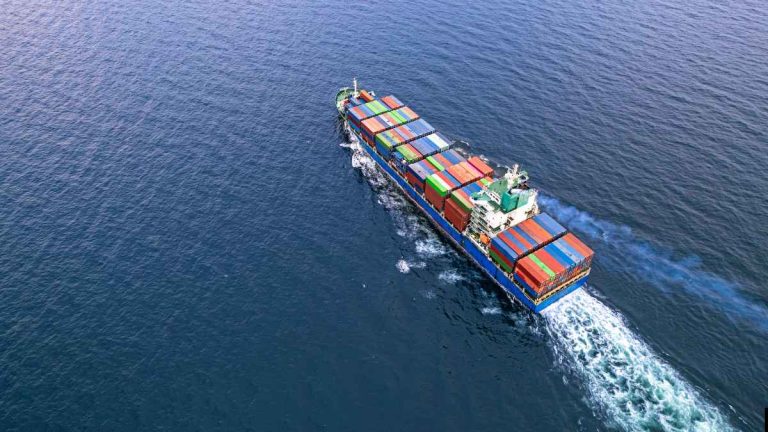The Department of Foreign Affairs in Ireland is in “full preparatory mode” as the country braces for potential tariffs on imports to the United States, according to Tánaiste Simon Harris. While acknowledging the challenges ahead, Harris urged calm, stressing the importance of taking a measured approach in response to the situation.
Harris, speaking in a recent statement, noted that US President Donald Trump is “transactional” in his approach to both business and politics. He referenced how Trump had previously paused tariffs on Mexico and Canada, illustrating the fluid nature of such trade decisions. Despite this, Harris pointed out that tariffs, when implemented, are detrimental to both American consumers and the broader economy.
“Tariffs are bad for people in the United States. They raise prices for American consumers, and they hurt many who voted for President Trump,” Harris said. His comments followed concerns over the impact of previous tariffs implemented during Trump’s tenure, which led to price hikes for US consumers on various imported goods.
The Tánaiste also highlighted the deep economic relationship between Ireland and the US. He pointed out that thousands of people work for Irish-owned companies in the US, with Irish businesses investing hundreds of millions of euros in the country. Furthermore, US companies also have significant operations in Ireland, underlining the mutually beneficial trade ties between the two nations.
Harris explained that President Trump, at his core, is a businessman, and that understanding Ireland’s contributions to the US economy could shape the way forward. “I think President Trump would want to listen to US companies that do business in Ireland and understand why they choose to operate here,” he said. “They do so to access our highly educated workforce and to gain access to the European Union market.”
The Minister for Foreign Affairs went on to reveal that he had spoken with President Trump in November and found him to have a positive understanding of Ireland’s role in global trade. He noted that Trump wants to see more goods from the US exported to the European Union, a market that has a trade surplus in goods over the US. This, Harris believes, creates a unique opportunity for both the EU and Ireland to strengthen their business and trade relationships with the US, potentially addressing the trade deficit in goods.
“We can move forward if we remain calm, respond thoughtfully, and wait for the details of any policy proposals,” Harris added. He also stressed the importance of EU unity in responding to any potential trade restrictions. “The European Union must stick together and take a unified approach when it comes to these issues.”
While the government works on long-term strategies, businesses are already beginning to feel the pressure of the trade tensions. Tom Keogh, Managing Director of Keogh’s Crisps, expressed concerns over the potential impact of tariffs on the company’s exports to the US. “We see exports as a key growth area, and the US is a major focus for us,” Keogh said. “However, tariffs will certainly affect the performance of our goods in the market.”
Keogh, whose business employs 180 people in Dublin, reflected on the challenges the company has faced over the years, citing logistics issues from two years ago as one of the hurdles. “Every year, it seems there’s a new challenge, and if tariffs are introduced, that will be yet another challenge we’ll need to navigate,” he said.
As the situation develops, both the Irish government and businesses are bracing for potential disruption, but there is optimism that a measured response, combined with EU solidarity, can mitigate the impact of any trade restrictions that may arise.


